Comic-Con 2010: Day 3
Jul4
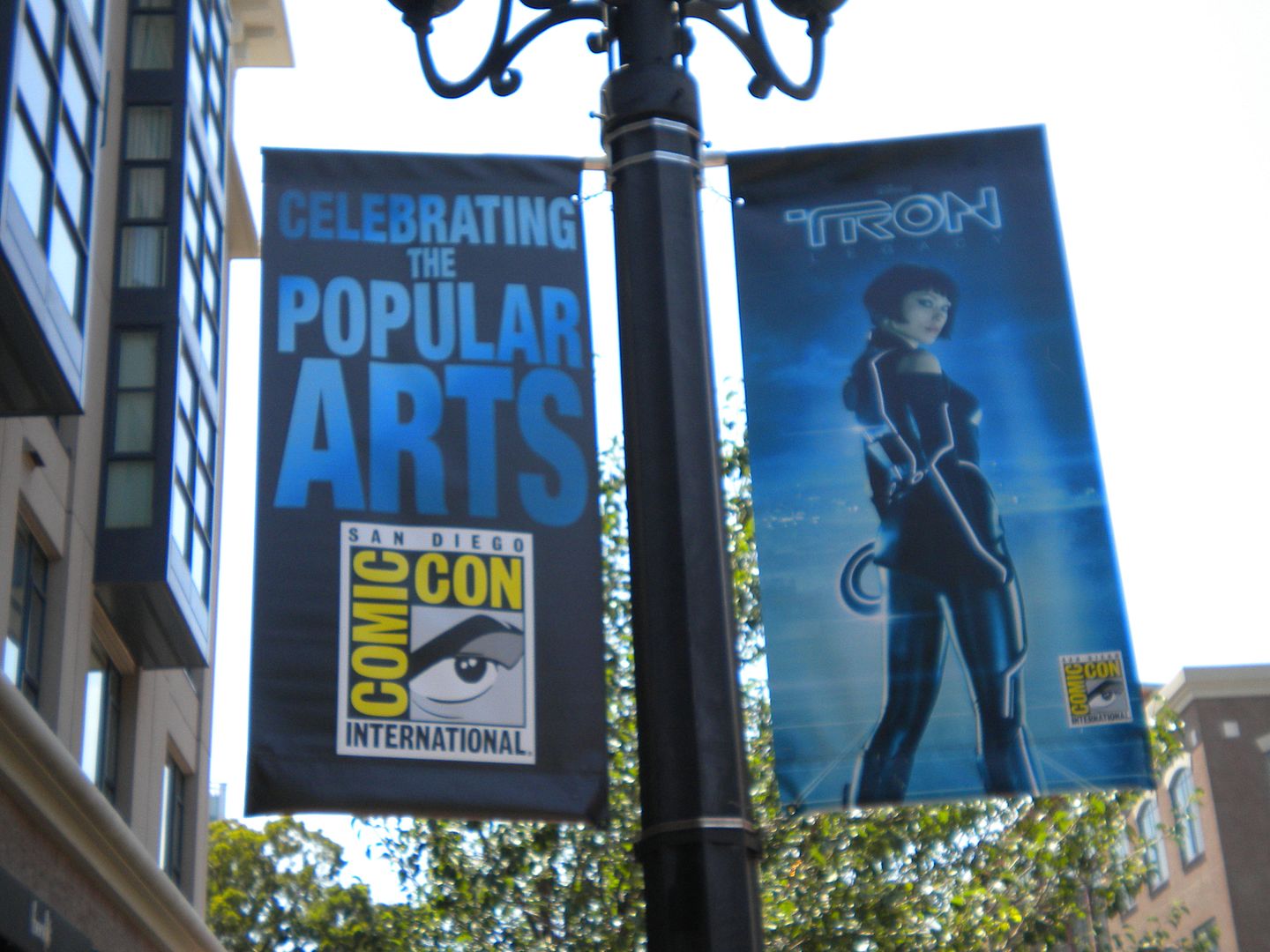
Street signs adorning the City of San Diego for Comic-Con 2010
Day 3 was Star Wars Day at San Diego Comic-Con International and we have something shocking to report, ladies and gentlemen. We did not see a single light saber, not one! Since we almost incurred an unfortunate eye injury last year due to an overenthusiastic Jedi, this was most welcome relief. For ScriptPhD.com, today was all about science and technology. In a day that could not have been more tailor-made for our website, we enjoyed panels with the eminent sci-fi television writers of today discussing writing for genre TV (a must-read for any aspiring TV writers out there!), a visit from the greatest science fiction writer in the history of science fiction, Ray Bradbury, a preview of next season’s sci-fi show The Event, and a panel on how exactly shows like CSI “tech” out with gadgets galore. Oh, yes, did we mention we got to hang out privately with the MythBusters?? With the help of our intrepid reporter Bryy Miller, we bring you the most complete Comic-Con coverage on the web. Plus, our Costume of the Day, after the “continue reading” cut!
It’s Not Easy Being Green: Powering The Future (Podcast)
Jul0

Wind turbines collecting energy that will eventually be converted into electricity and other fuel sources. This technology is widely discussed in the new Discovery Channel special "Powering The Future." Image courtesy of Discovery Channel.
Nothing has done more to reinvigorate discussions about energy and fuel dependence than the tragic oil spill currently afflicting the Gulf Coast [excellent resource for trajectory, timeline and news sources]. Though scientists and oil manufacturers continue to debate the validity of the “Peak Oil” theory, a very uncomfortable reality looms that oil production may not be able to keep up with thirsty demand. With an ever-increasing global population, a constant proliferation of technology choices and lifestyle improvements, and a rising middle class in third world countries, the factors contributing to fuel consumption may be the precipice of an eventual geopolitical crisis. In an effort to showcase their dedication to addressing the most salient energy and environmental questions affecting our generation, the Discovery Channel, backed by founder John Hendricks, is launching a revolutionary four-part documentary called Powering The Future. In it, they address a range of economics, national security, social and scientific questions related to energy and fuel all through the single focal point of searching for a modern, clean, limitless supply of energy. Our coverage of Powering the Future includes a review of the first installment and an exclusive podcast interview with the show’s host, lead scientist for the Nature Conservancy, Dr. M. Sanjayan. For full content, please click “continue reading.”
INTERVIEW: Breaking Bad Creator/Executive Producer Vince Gilligan
Apr1
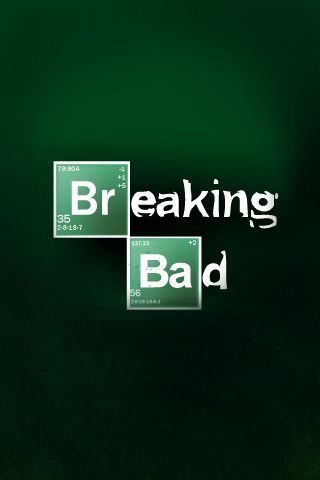
Breaking Bad images and logo ©AMC Television and Sony Pictures, all rights reserved.
Last year around this time, ScriptPhD.com posted Breaking Bad, Chemistry Good, an in-depth article about AMC’s breakout hit Breaking Bad, and its stunningly accurate science content. Walter White, the show’s anti-hero, is a cancer-stricken high school chemistry teacher who starts cooking and dealing methamphetamine for financial security. In our article, we highlighted several clever uses of chemistry throughout the show’s run that not only integrated brilliantly into the plot but had realistic real-world applications as well. What a difference a year makes! Last week, Editor Jovana Grbić sat down with Breaking Bad‘s delightful Creator and Executive Producer Vince Gilligan to talk about the show’s origins, the science, and some behind-the-scenes secrets that will surprise even dedicated fans. We hope you enjoy reading our interview as much as we enjoyed chatting with him. The secrets of Breaking Bad, under the “continued reading” cut.
ScriptPhD Roundtable: Naturally Obsessed—The Making of a Scientist
Apr0
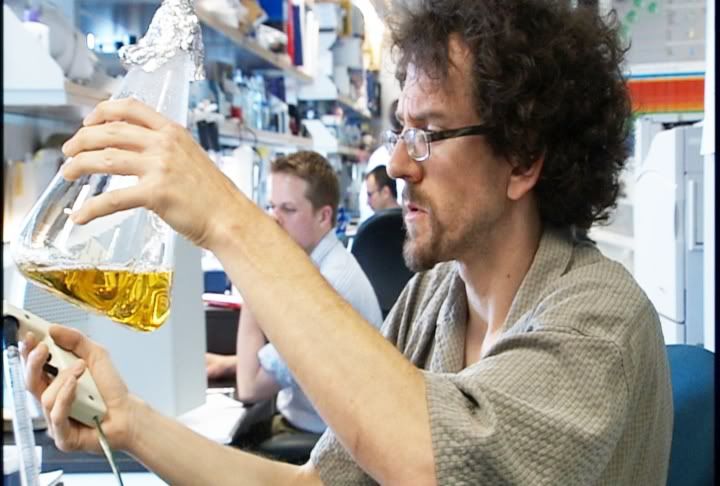
Graduate student Rob Townley mixes solution in a beaker in a scene from documentary "Naturally Obsessed: The Making of a Scientist." Film images ©ParnassusWorks Films, all rights reserved.
Society’s unequivocal fascination with science and scientists, reflected by a growing presence as staples of film, television, and popular culture, has only been magnified by the enigmatic (and seemingly impenetrable) aura in which they are enveloped. Their studies decidedly abstruse, their coded language unintelligible, their habits quirky and eccentric, the world of the scientist has been an audiovisual shroud of mystery—until now. In perhaps the most authentic, unfiltered, extemporaneous portrayal of scientists in their environment ever recorded, new documentary Naturally Obsessed: The Making of a Scientist welcomes the lay audience into the laboratory as silent observers. No reservations, no restrictions, no preconceptions. The result is an emotionally stunning masterpiece that connects us to scientists as people, reaches out across professional divides, and places PhD students, the backbone of the modern scientific laboratory, under the microscope for the first time. ScriptPhD.com recently screened the movie with a group of UCLA PhD biology students. Under the “continue reading” cut is our review, along with an honest roundtable discussion that included reaction to the movie, its parallel to their lives, and the training of modern scientists.
Discovering LIFE on Planet Earth—Editor’s Selection
Mar2

LIFE logo ©2010 Discovery Channel/BBC, all rights reserved.
In 2006, The Discovery Channel, in partnership with the BBC, premiered the 11-part Planet Earth, the most expensive natural history mini-series ever filmed, and the first in high definition. It gave viewers a sweeping, intimate overview of the Earth’s diverse natural habitats. Yet long before Planet Earth premiered, plans were already underway for its follow-up opus, LIFE, which would focus on the animals, insects, and creatures that call those habitats home. The result, four years in the making, is historic television—never-before-recorded mating rituals, survival scenes, and brutal savagery. For the naturalist and the nature-lover, LIFE will, quite simply, change your view of life. After the “continue reading” cut, we preview the first few episodes and offer a rare candid interview with executive producer Mike Gunton. We are proud to make LIFE on Discovery Channel an official ScriptPhD.com Editor’s Selection.
Video: ScriptPhD Interviews the Science Advisor of ‘Fringe’
Feb1
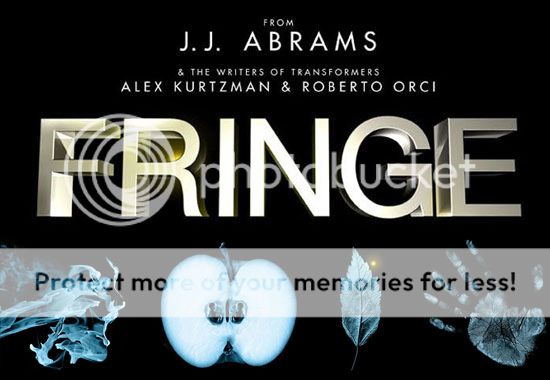
Fringe images ©2008 FOX Broadcasting Corporation, all rights reserved.
ScriptPhD.com’s coverage of Comic-Con 2009 included an interesting panel entitled Mad Science: The Science Behind Science Fiction, which consisted of a panel of top science fiction shows Eureka, Battlestar Galactica, Eureka, Caprica and Fringe. There, we met Dr. Ricardo Gil da Costa, a neurobiologist who is one of the official science advisors to the writers of Fringe. We recently had the opportunity to visit Dr. Gil da Costa on location in his laboratory at the Salk Institute for Biological Studies in San Diego, CA. We sat down to talk about his science, what it’s like to be “on-call” for one of the biggest hit shows on television, how the writers use his knowledge and integrate it into the show, and more broadly, how creatives in the entertainment industry can best utilize the skills of research scientists as they integrate more sophisticated material into their scripts. To watch the video, please click “continue reading.”
Guest Article: HBO’s ‘Temple Grandin’ Biopic Honors Autistic Scientist
Feb2
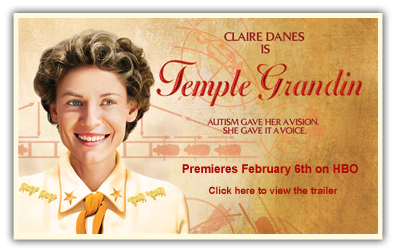
Temple Grandin film poster ©2010 Home Box Office, all rights reserved
This was a remarkable week for autism science and publicity. In a stunning and rare reversal, medical journal The Lancet retracted the 1998 paper responsible for suggesting a link between autism and MMR vaccinations, incurring over a decade of acrimonious debate and frightened parents. Ironic then that this should be the week when HBO premieres their new feature film Temple Grandin, about the eponymous world-famous scientist. Dr. Grandin has written and spoken openly about her struggle with autism and how it’s colored her view of the world and influenced the science she studies. ScriptPhD.com is extraordinarily honored to extend a warm welcome to friend and fellow blogger Susan Etlinger, author of the autism spectrum blog The Family Room, to review the biopic and interview the project’s executive producer. For full content, please click “continue reading.”
Bad Education: New PBS Science Mini-Series Missing ‘Spark’
Dec2
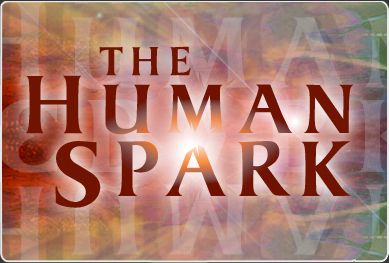
The Human Spark ©2009 PBS, all rights reserved.
The Human Spark is a new three-part documentary special on PBS in which Alan Alda soldiers after the genetic and cognitive elements that make him smarter than your average chimpanzee. In the first episode, he travels to numerous archaeological sites and many of the world’s finest research centers to look at how humans diverged from neanderthals and why we’re the ones writing the history books. Episode two tracks a series of experiments on chimpanzees and human children to illustrate the psychological differences. The final installment shows off some of the latest brain imaging studies and and linguistics research to postulate a theory on the nature of the ‘human spark’. With an interesting scientific premise as a basis, a hot field in which a lot of exciting, new information has been discovered within the last decade, and financial sponsorship by the Alfred P. Sloan Foundation, one of the most generous and prestigious in all of science, this should have been a knockout for PBS. Sadly, the finished product is merely another example of a strong concept with poor execution, punctuated by bloopers that the documentary’s creators were too pressed for content to take out.
This is Your Brain on Music
Nov0
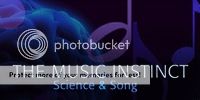
The Human Instinct image ©2009 PBS, all rights reserved.
Music. We all know what it sounds like when we hear it. It has the ability to create powerful emotions, or bring back memories from the distant past in our lives. We may use it when we exercise, study for exams, read, or for traveling form point A to point B. But what is music? Is it unique to human beings? How do we interpret music when we hear it? Are the emotions created by music universal, irrespective of the listener’s culture and country of origin? Can music teach us anything about how the human brain functions? These interesting questions and more are explored in the fascinating documentary The Music Instinct: Science and Song, a PBS production that was recently honored with the top prize at the prestigious annual Pariscience International Science Film Festival. ScriptPhD.com’s newest regular contributor NeuroScribe provides his review and discussion under the “continue reading” jump.


















Why I Hate FlashForward: A Dissenter’s Opinion
Jan3
FlashForward: Illogicalifragilisticexpialidocious
FlashForward logo ©2009 ABC Productions, all rights reserved
It goes without saying that pretty much every work of fiction begins with the “what if” question. “What if I knew the world was ending tomorrow?” “What if my wife was secretly plotting to kill me?” “What if this article wins me the Pulitzer?” What separates the great (or simply enjoyable) work from that which cannot be accepted is a second level of consideration: actually thinking about the “what if” and seeing if it has any real value, any weight, beyond that first fleeting thrill that comes with the High Concept. FlashForward, the ABC TV series or the 1999 novel by Robert J. Sawyer upon which it is loosely, loosely based, is a perfect example of exactly that: the cool but ultimately unsatisfying idea that really can’t stand the stress of storytelling. Because hiding behind the spotty acting and cliché characters—on screen or in print—the whole concept has a serious problem: it just doesn’t make a lick of sense. Under the “continue reading” jump, an analysis of the logic and science flaws of FlashForward.